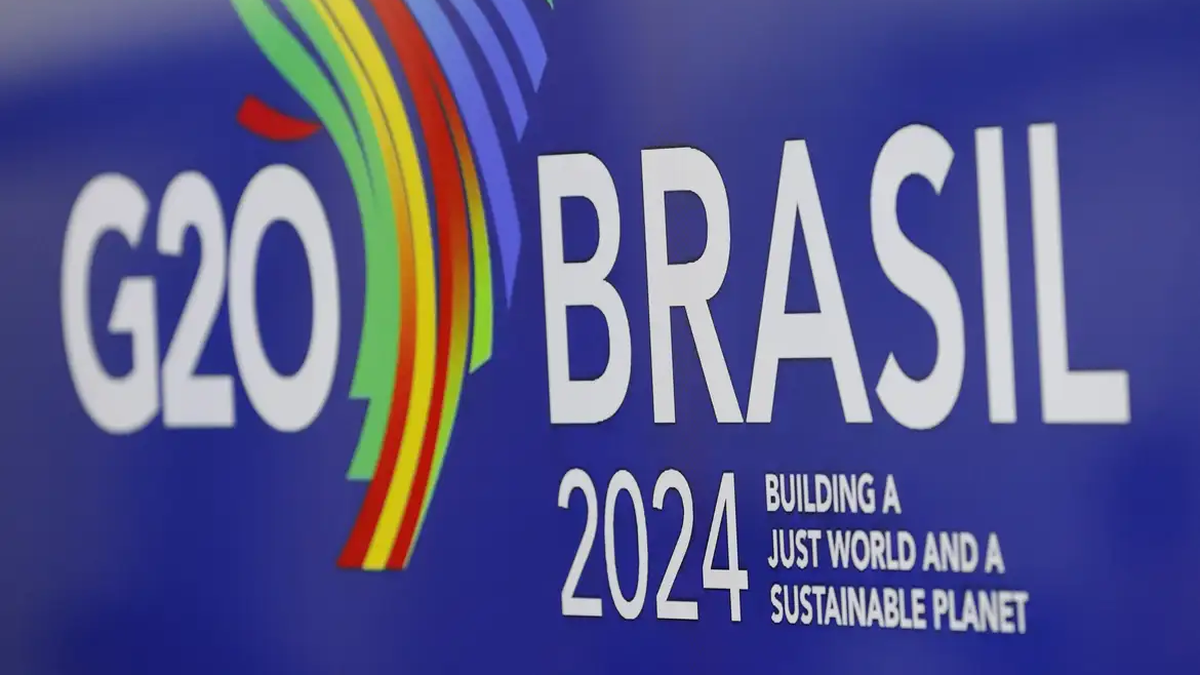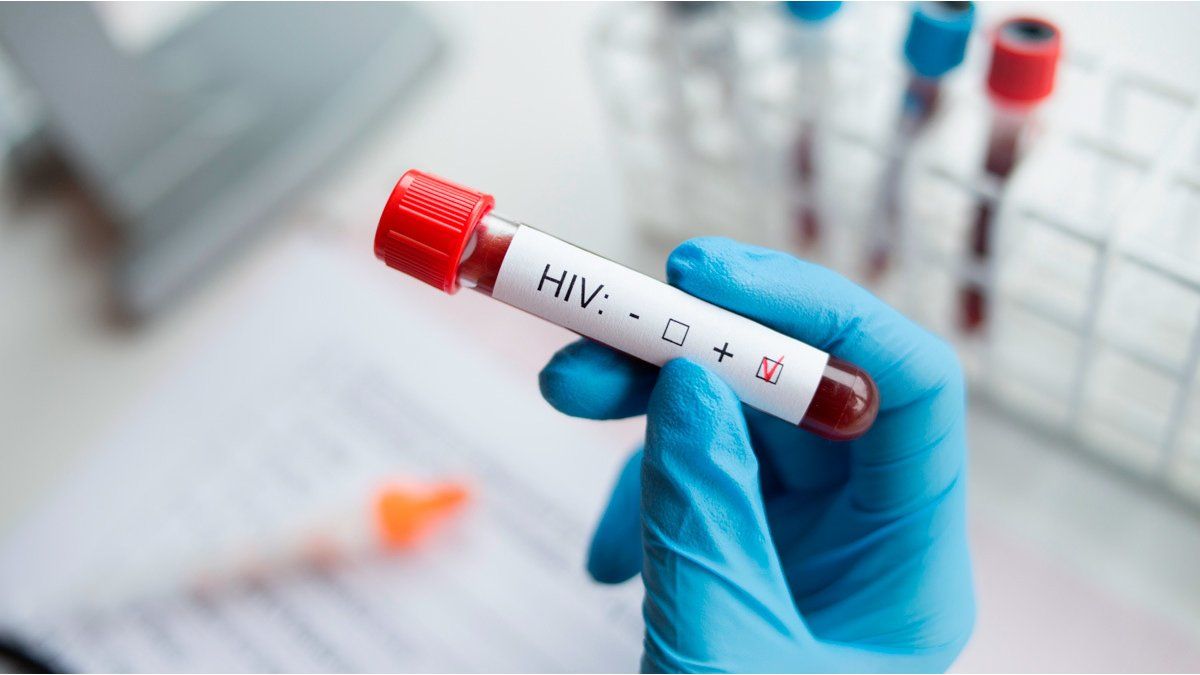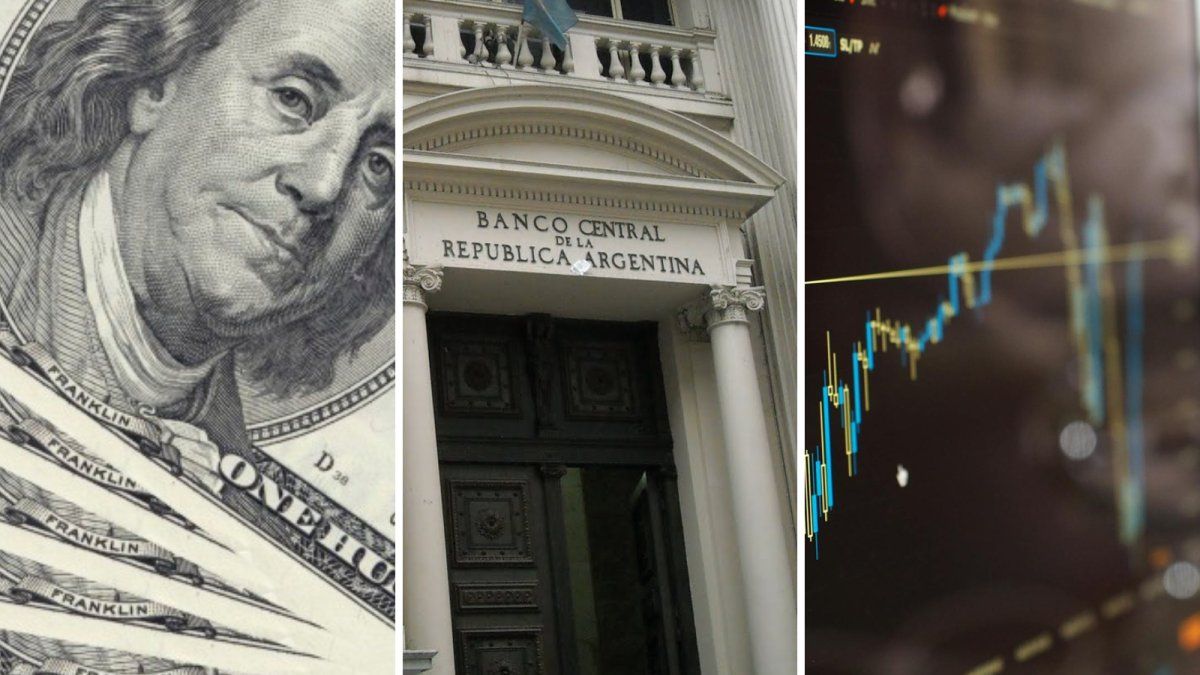After his fiery speech at the UN against the Agenda 2030, he president Javier Milei refused to sign a statement preliminary with the countries of the G20 in defense of the gender policies and women’s empowerment. Argentina was the only country not to accompany the initiative, which had the support of countries such as Saudi Arabia and Indonesia, in addition to USA, Germany, France and Brazil.
The Chancellery refused to accompany the text written together with the main twenty economies of the planet, in a new distancing from Western geopolitics, after the President ratified the libertarian foreign policy with a speech in UN in it he related to the Agenda 2030 and the Future Pact with socialism.
“The Brazilian Presidency of the G20 Equality of Gender and Empowerment of the Women’s Ministerial Meeting points out that all members of the group except Argentina “agreed with the content of the following text,” the organization reported.
What does the G20 statement say that Javier Milei’s government refused to accompany?
The text recognizes “that all women and girls face particular barriers due to various factors in addition to their gender” and “that all women and girls are agents of change and have an important role in decision-making, leadership and responding to global challenges.” In addition, it notes that “they should be able to contribute equally to all sectors and at all levels”.
He then states that the creation of the working group in 2023 at the Leaders Summit of New Delhi to support the G20 Women’s Ministerial “expresses a collective effort to promote measures to achieve the gender equality and promote the empowerment of all women and girls”, which reaffirms the commitments made to promote gender equality, promote women-led development, the rights of all women and girls and our commitment to implement the Declaration and Platform of Action Beijing”.
The final documents of said declaration, together with the Sustainable Development Goals (SDG) in the core of the Agenda 2030, propose to “promote the full, equal and meaningful participation of women in the workforce, meet the objectives established in the 2014 Brisbane Summit and close the gender pay gap; address the unequal distribution of unpaid domestic and care work and ensure equal access to decent work, quality jobs and gender parity as a goal for senior and leadership positions” and “ensure equality”.
Also, call “end misogyny and gender violence” and warns that “sexual and gender-based violence against women and girls is alarmingly high in public and private spheres, both online and offline.” Therefore, it recognizes “the need to invest in and promote public policies aimed at preventing and eliminating all forms of gender violence”, to expand economic and social opportunities for women “and build safe and violence-free societies for all.”
BRAZIL G20.jpg
The refusal of argentine government opened a new source of conflict with the administration of Lula da Silva. “When the far right advances, women lose. Argentina, the only country in G20 that does not add to the consensus on gender equality. Brazilian Presidency firm in its position that equality is not negotiable,” he published on his “X” account. Vanessa Dolce de Faria, High Representative for Gender Issues of the Brazilian Ministry of Foreign Affairs.
The declaration was supported by all G20 countries, which constitute 85% of global GDP and more than 75% of international trade. The bloc is made up of Germany, Australia, Brazil, Canada, China, South Korea, the United States, France, India, Indonesia, Italy, Japan, Mexico, Russia, the United Kingdom, South Africa and Turkey and two blocs: the European Union and the African Union.
The monarchical regime of Saudi Arabia is also a member of the G20, a country widely questioned internationally for the unequal treatment it gives to women in relation to men.
Argentina reaffirms its position against the 2030 Agenda and gender equality policies
The refusal to accompany the document has its correlation with the President’s speech before the UN, where he announced that Argentina “will abandon its historical neutrality” and in which questioned the 2030 agenda: “Although well-intentioned in her goals, she is none other than a supranational socialist government program“.
According to the president, the 2030 agenda “aims to solve poverty, inequality, and discrimination, with legislation that deepens them.” This would make the UN “one of the main promoters of the systematic violation of freedomsuch as with global quarantines during 2020.”
Along these lines, he anticipated that Argentina will abandon its position of historical neutrality and “will not accompany any policy that implies the restriction of individual freedomsof commerce, nor the violation of the natural rights of individuals.” Consequently, he anticipated the dissent of our country before the “Pact of the future” promoted by the UN. Instead, he proposed a “freedom agenda”.
Source: Ambito




